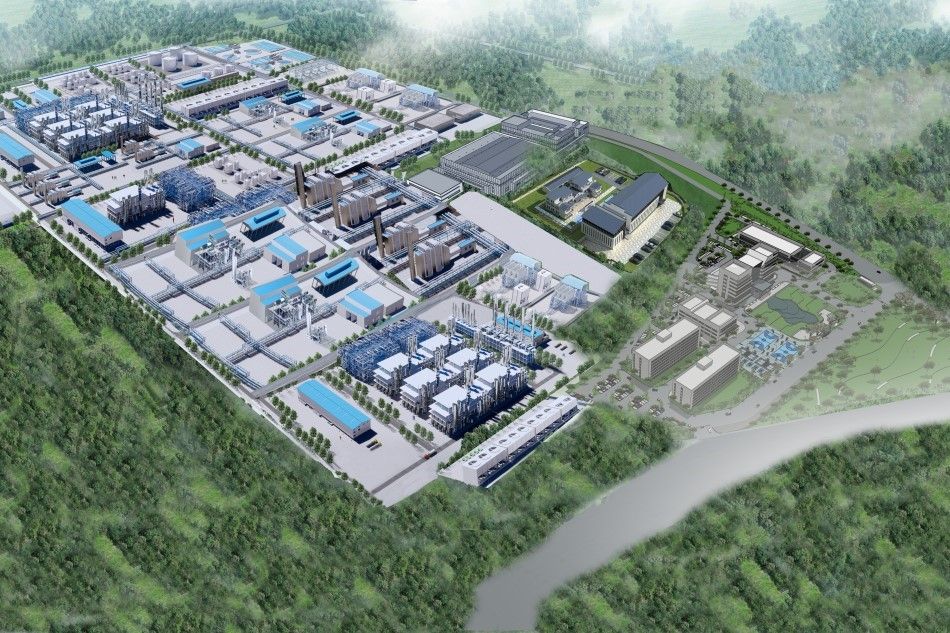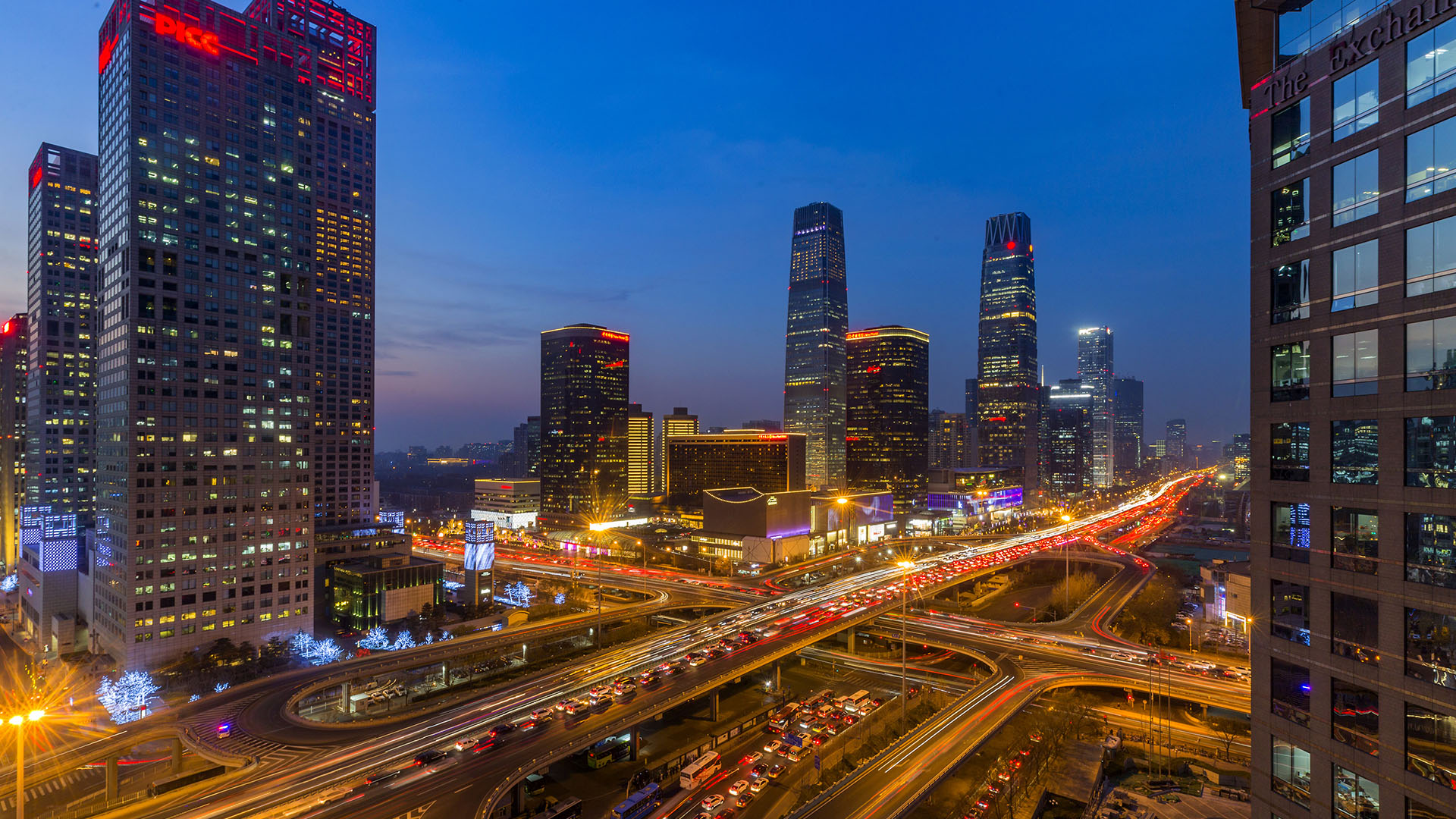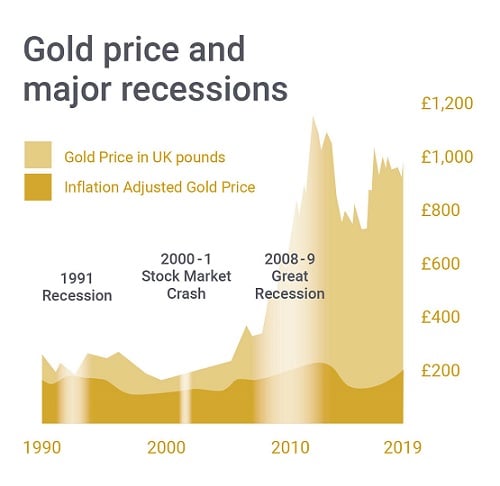Wankai New Materials just dropped a bombshell: a massive 2.019 billion yuan (roughly $285 million USD) investment to build a 750,000-ton-per-year food-grade PET plant in Indonesia. Let’s be clear – this isn’t just expansion, it’s a full-throttle dive into Southeast Asia, riding the wave of the ‘Belt and Road’ initiative.
Wankai is positioning this as a smart move, leveraging Indonesia’s burgeoning market and favorable trade situation. But let’s not sugarcoat it. This is a significant outlay, and international projects are rarely a walk in the park.
Here’s a quick breakdown of what’s going on:
Understanding PET & its Demand: Polyethylene Terephthalate (PET) is the plastic for bottles, packaging, and increasingly, fibers. Demand is soaring, fueled by consumer convenience and the beverage industry’s relentless growth.
Indonesia’s Strategic Importance: Indonesia is a rapidly growing economy with a huge population. It’s a key link in regional supply chains, making it an ideal hub for manufacturing and distribution.
The ‘Belt and Road’ Factor: China’s ‘Belt and Road’ initiative aims to enhance regional connectivity and trade. Wankai’s project fits neatly into this broader strategy, potentially unlocking political and logistical advantages.
Risk Assessment is Key: Construction is slated for 24 months, funded by internal resources. While seemingly solid, the project still hinges on regulatory approvals from both Chinese and Indonesian authorities. That’s where the wrinkles can appear. Delays, bureaucratic hurdles, and shifting political winds can derail even the most meticulously planned ventures. Wankai’s stock performance will be a major indicator of investor confidence moving forward, watch it closely!
This move signals a clear ambition to boost Wankai’s global footprint, but the road ahead isn’t paved with gold. It’s a calculated risk, and we’ll be watching to see if it pays off.






